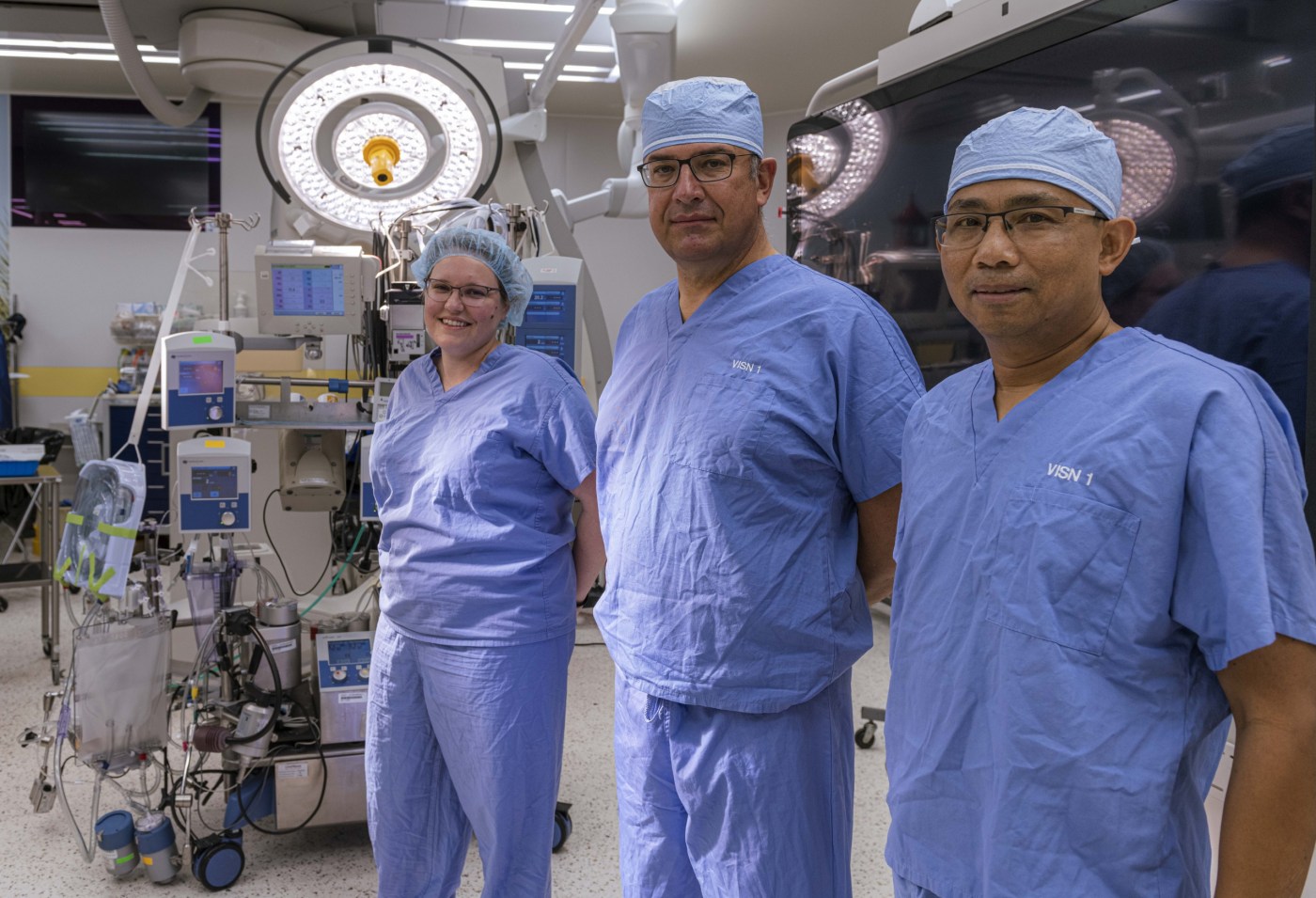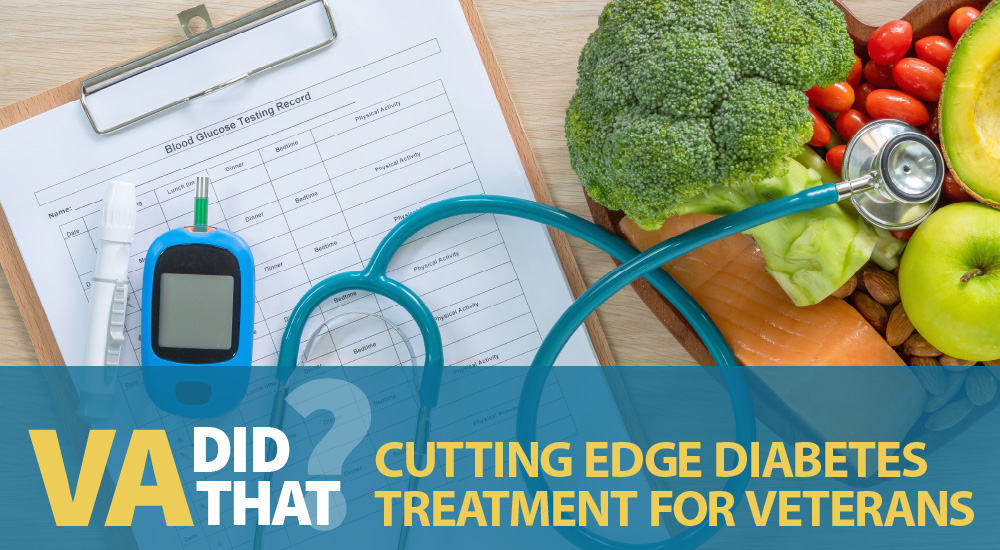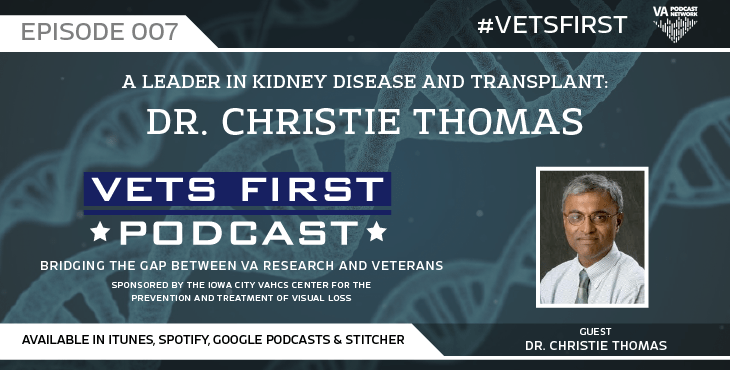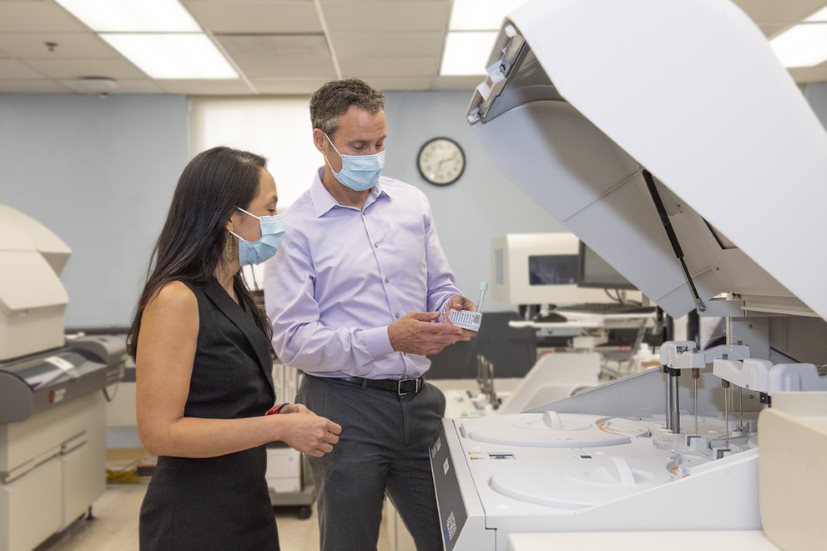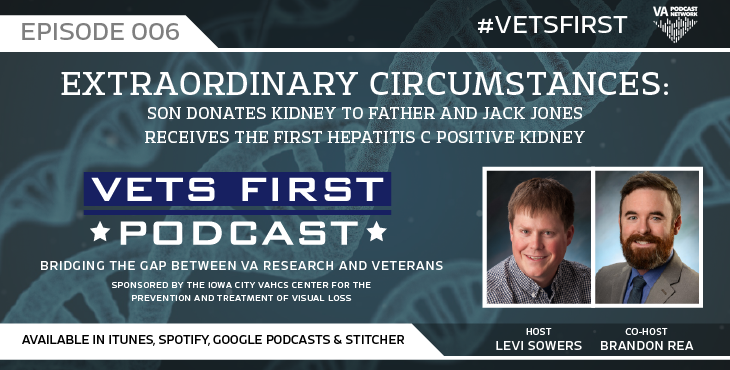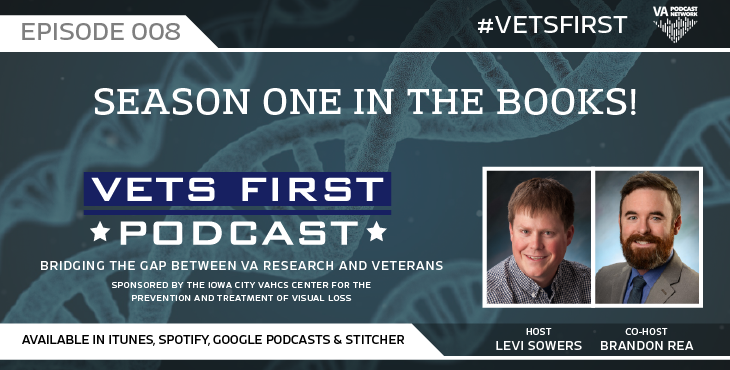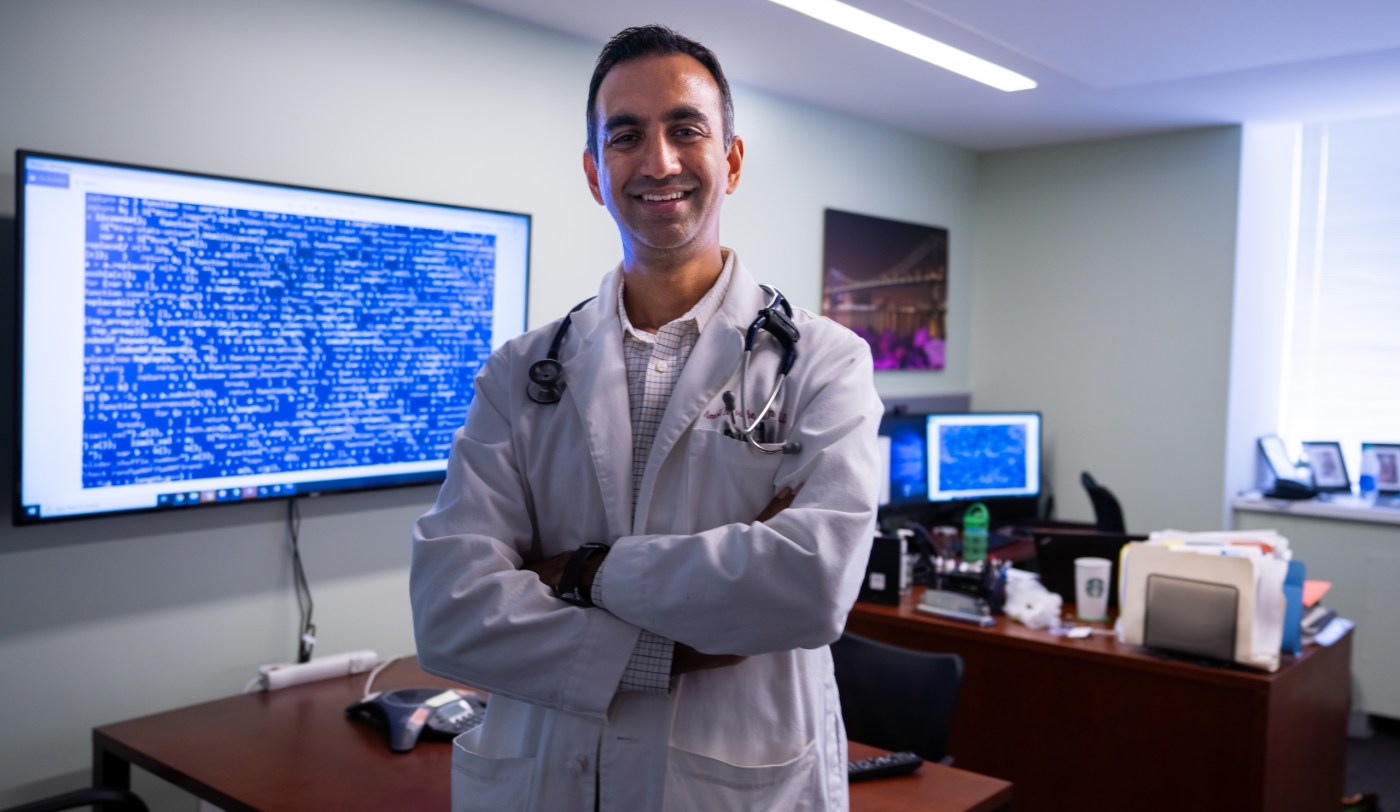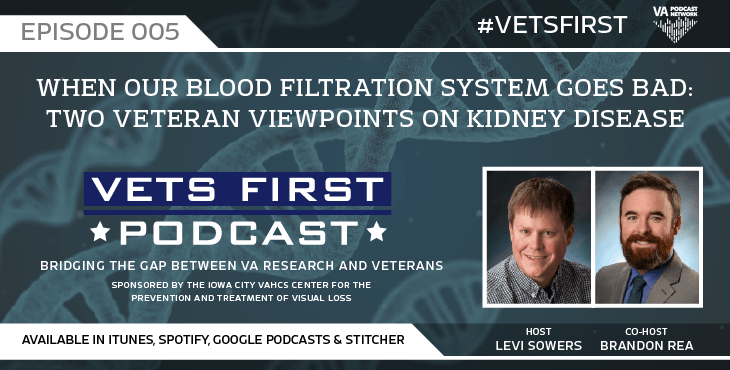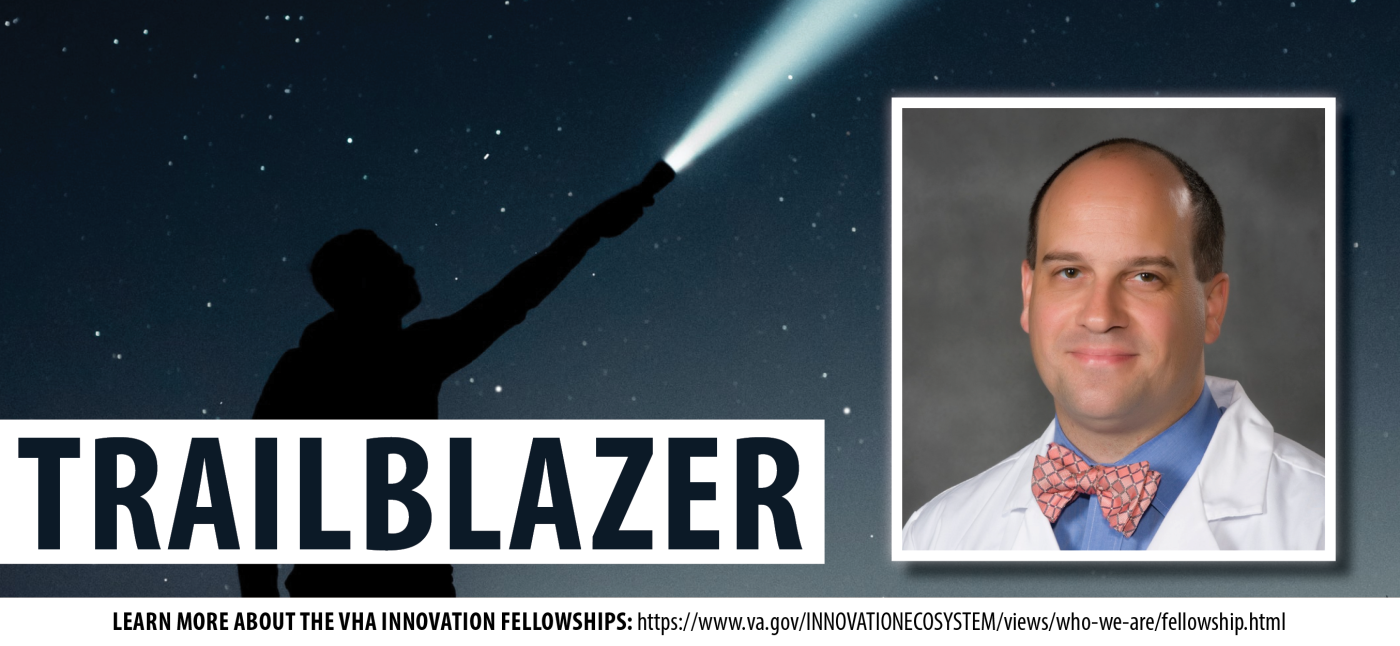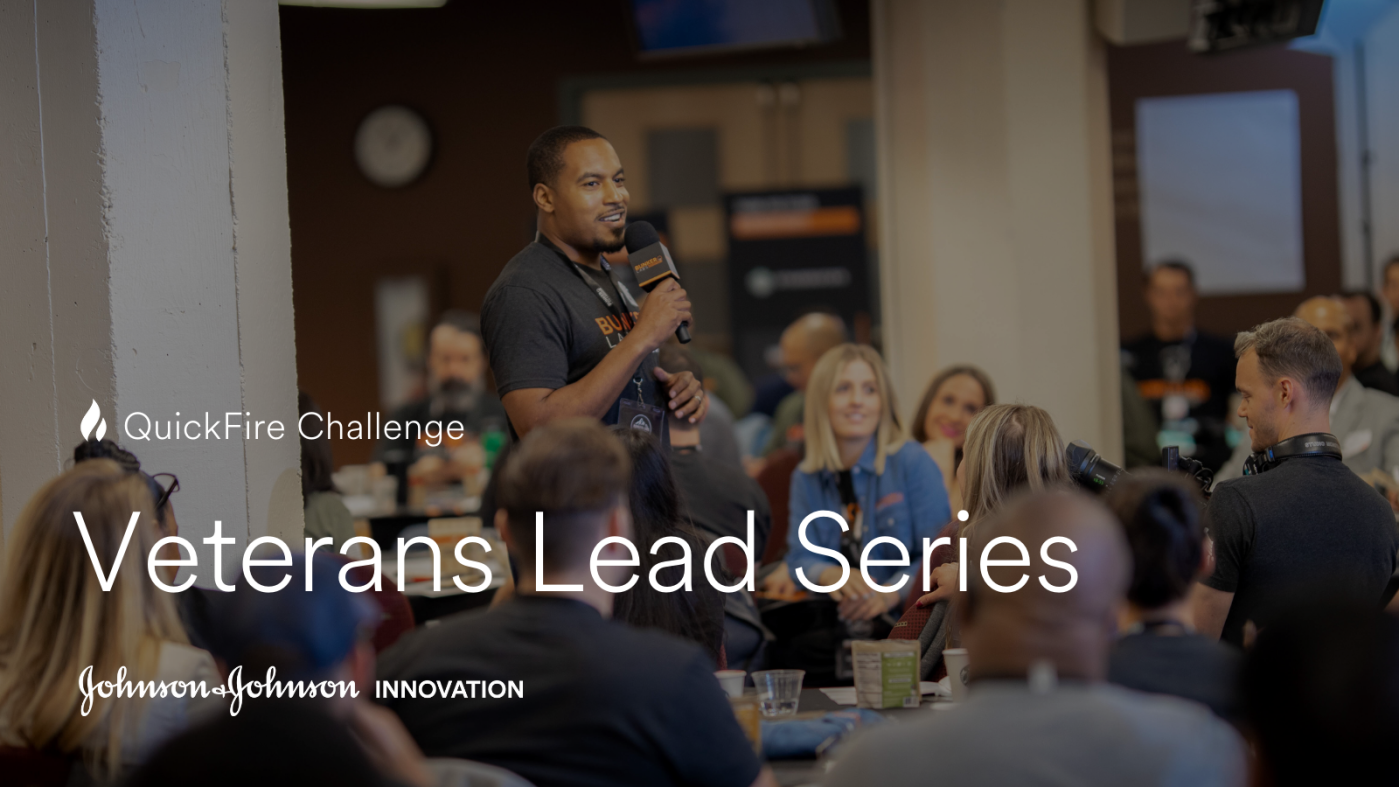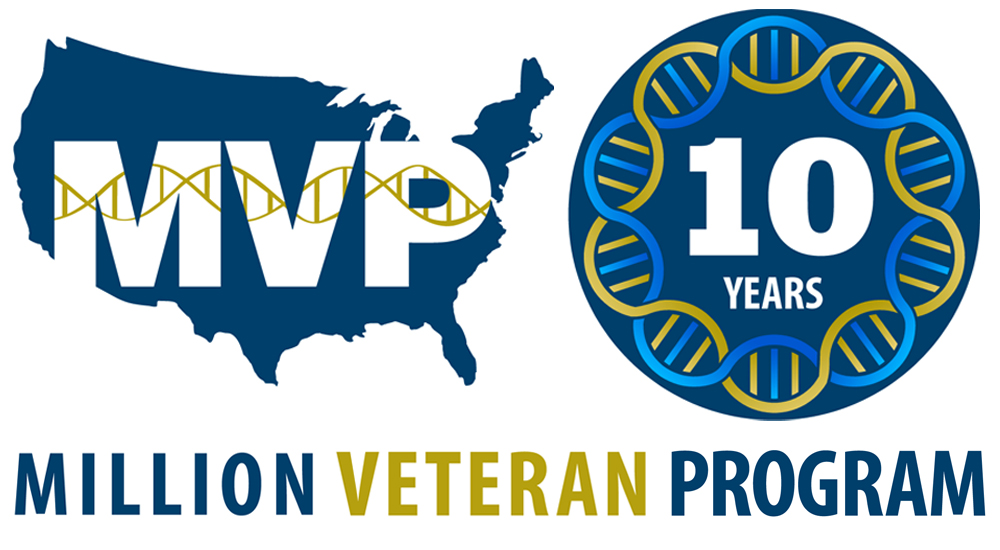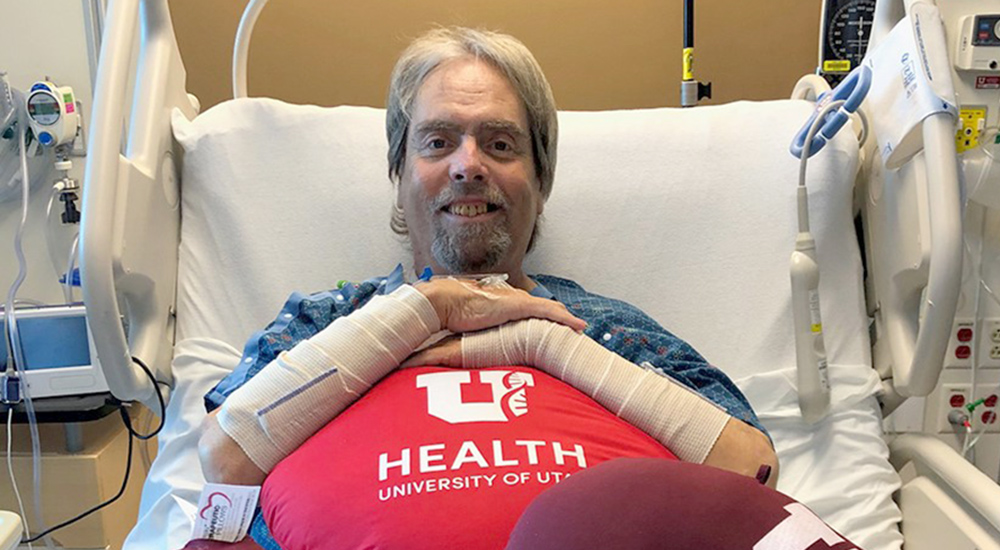Doctors often stop a patient’s heart during a major cardiac surgery. In this situation, a perfusionist operates a heart-lung bypass machine. The machine supplies needed blood and oxygen to the patient, whose heart is on hiatus.
VA has spent three decades assisting Veterans in managing their diabetes. Here’s two Veterans who have taken control of their diagnosis.
Dr. Christie Thomas, a nephrologist at the University of Iowa and the Iowa City VA Healthcare System, discusses his favorite organ, the kidney.
His first big paper on cystatin C appeared in the New England Journal of Medicine in 2005. Shlipak and his team found that elevated blood levels of cystatin C accurately predict higher risks of heart disease, stroke, and death among elderly people with no known kidney problems. The creatinine test misses those risks almost entirely, according to the researchers.
In this episode Vince and David, a father and son pair, talk two days before their kidney transplant surgery for Vince, an Air Force Veteran.
In this short wrap up episode, hosts Levi Sowers and Brandon Rea look back on the first season of the Vets First Podcast, including topics and guests.
The team looked at the records of Veterans already identified as high-risk by VA’s sophisticated Care Assessment Needs (CAN) calculator. The CAN tool provides a score reflecting a Veteran’s risk of hospitalization or death within a year.
In this and the following two episodes, Veterans and their caregivers talk about their experiences with chronic kidney disease and transplants through VA.
Dr. Michael Amendola, one of VHA Innovation Ecosystem’s (VHA IE’s) six 2021 Innovation Fellows, took an unexpected professional turn when he embarked on the innovative path of utilizing 3D-printing technology. Here's how he uses 3D printing to advance Veteran care.
Johnson & Johnsons' QuickFire Challenge Series offers Veterans up to $250k in grant funding for their transformative health care ideas.
Million Veteran Program – After 10 years, nearly a million volunteer Veterans have joined VA scientists to change the future of health care.
Critically ill Veteran needed a triple organ transplant – a procedure so rare U.S. doctors had performed just 24 in the last 30 years. Two transplant requests were denied so he needed a miracle.

